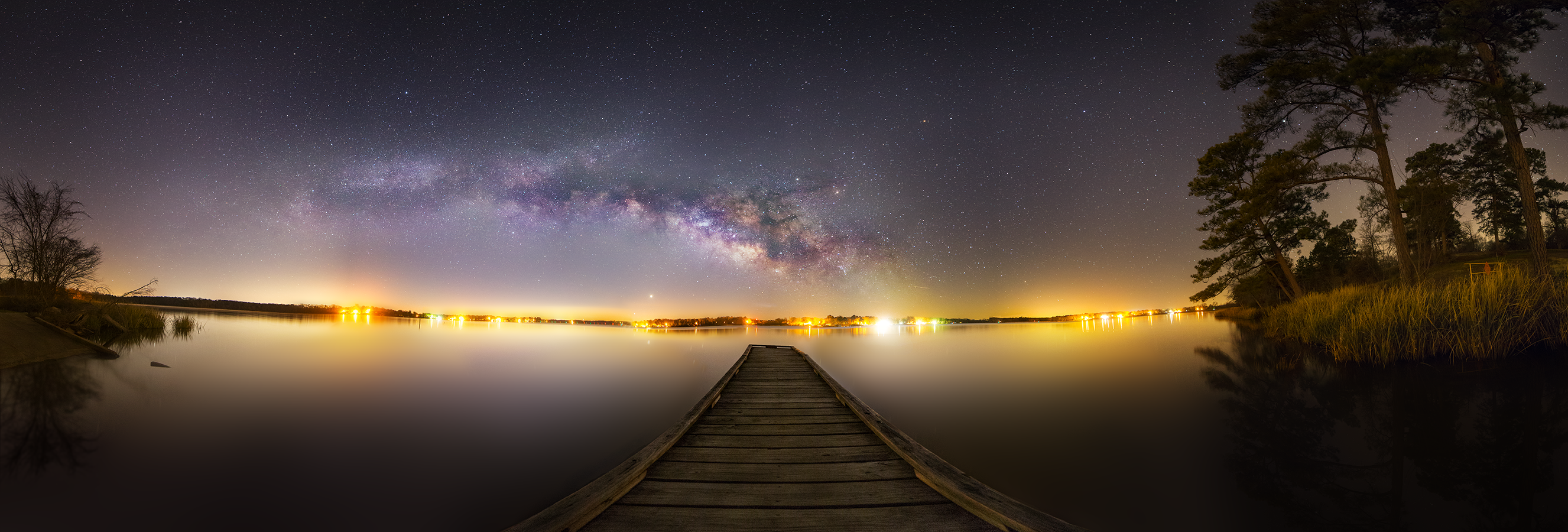More interesting observations from William. Paste the link if you don't receive the images.
http://www.treurniet.ca/spirals/norwayspiral.htm
Be Well.
David
The Norway spiral mystery
Summary. On Dec. 9, 2009, a luminous cloud arranged as an Archimedes spiral was photographed over Norway. Analysis of videos and still photos recording the event indicates that there were in fact two different spirals. One had the spinning motion expected from a failed rocket stage, while the other appeared to be a larger static display which must have had a different origin.
On December 9, 2009, Norwegians were treated to an unusual spiral visual display in the sky. It is now widely considered to have been caused by a failed Russian rocket test. Belated admission by Russian authorities that such a failure had occurred seemed to confirm this explanation. However, there is some ambiguity about the available visual data that might cause one to doubt this conclusion. In particular, there are differences between the video and still photo records of the event. The still photos show a much more extensive spiral than do the videos. Some have suggested that the still photos are time exposures, thus accounting for the larger spiral display. This report examines whether or not this is a viable explanation. A further unexpected observation strongly suggests that the overall event was not as simple as it first appeared.
First, we examine the possibility that a time exposure could have given the unsmeared spiral pattern seen in the still images. We do this by overlaying successive frames from a video and evaluating the result. If the spiral and the object creating the spiral have a lateral motion, smearing of the image would be expected. Estimating the relative motion of the spiral in a video requires a common reference point on the ground. A suitable video for this was suggested by Hoagland who used it for the same purpose. Three frames were extracted at the 42, 45, and 47 second marks. Cropped frames from the video, seen in the left column of Figure 1, show that the spiral moved a small amount to the left in those five seconds. The corresponding enlarged centers of the spiral are displayed in the right column, and these show that the center of the spiral is indeed rotating as the phase at the origin shifts in successive frames. The speed of rotation was estimated by Amini to be about one Hz.
| 42 sec |  |  |
| 45 sec |  |  |
| 47 sec |  |  |
| Figure 1. Successive frames from a video of the Norway Spiral. | ||
Can these three frames be merged to yield an unsmeared spiral display? Figure 2 shows the three frames superimposed after the images were aligned with the help of cues on the ground. The obvious misalignment of the spirals indicates that a time exposure of five sec or more would have given a severely distorted spiral in a still photo. Thus, it is unlikely that the larger spirals in the still photos are due to time lapse photography.
 |
| Figure 2. Video frames of Figure 1 superimposed. |
Then we compare a number of still photos of the spiral that were published on-line. Six of these are displayed in the left column of Figure 3. These were originally published at the following web sites ( Row 1, Row 2, Row 3, Row 4, Row 5, Row 6 ). Click on the left images to retrieve mirrored versions of the original images. In each row of the figure, the right column contains the enlarged center of the spiral in the left column.
Remarkably, the phase of the spiral visible at its center appears to be the same in all these images. The last image is somewhat blurred, but its phase appears the same as that of the previous five images. This consistency across images is highly unlikely assuming the object at the center of the spiral is rotating at one Hz and the pictures were taken at different times.
| 1 |  |  |
| 2 |  |  |
| 3 |  |  |
| 4 |  |  |
| 5 |  |  |
| 6 |  |  |
| Figure 3. Still photos of the Norway Spiral | ||
Conclusion
This analysis leads to the conclusion that there were two separate spirals in the sky over Norway on Dec. 9, 2009. It appears that a dynamic spiral appeared in a number of videos of the event. This spiral could well have been the emissions from the spinning third stage of the failed Russian rocket launch as is commonly believed. Another much larger spiral appeared in a number of still photos. The phases of the spirals in these photos were consistent and, since there is no reason to believe that all the photos were taken synchronously, it appears that the photographed spiral was a static display. It was also much larger than the dynamic spiral in the videos. Because it was static, it likely was not created by the failed rocket launch, and we should look elsewhere for an explanation. The times when the various photographs and videos were taken are not available, and would be valuable information for further analysis and interpretation.





No comments:
Post a Comment